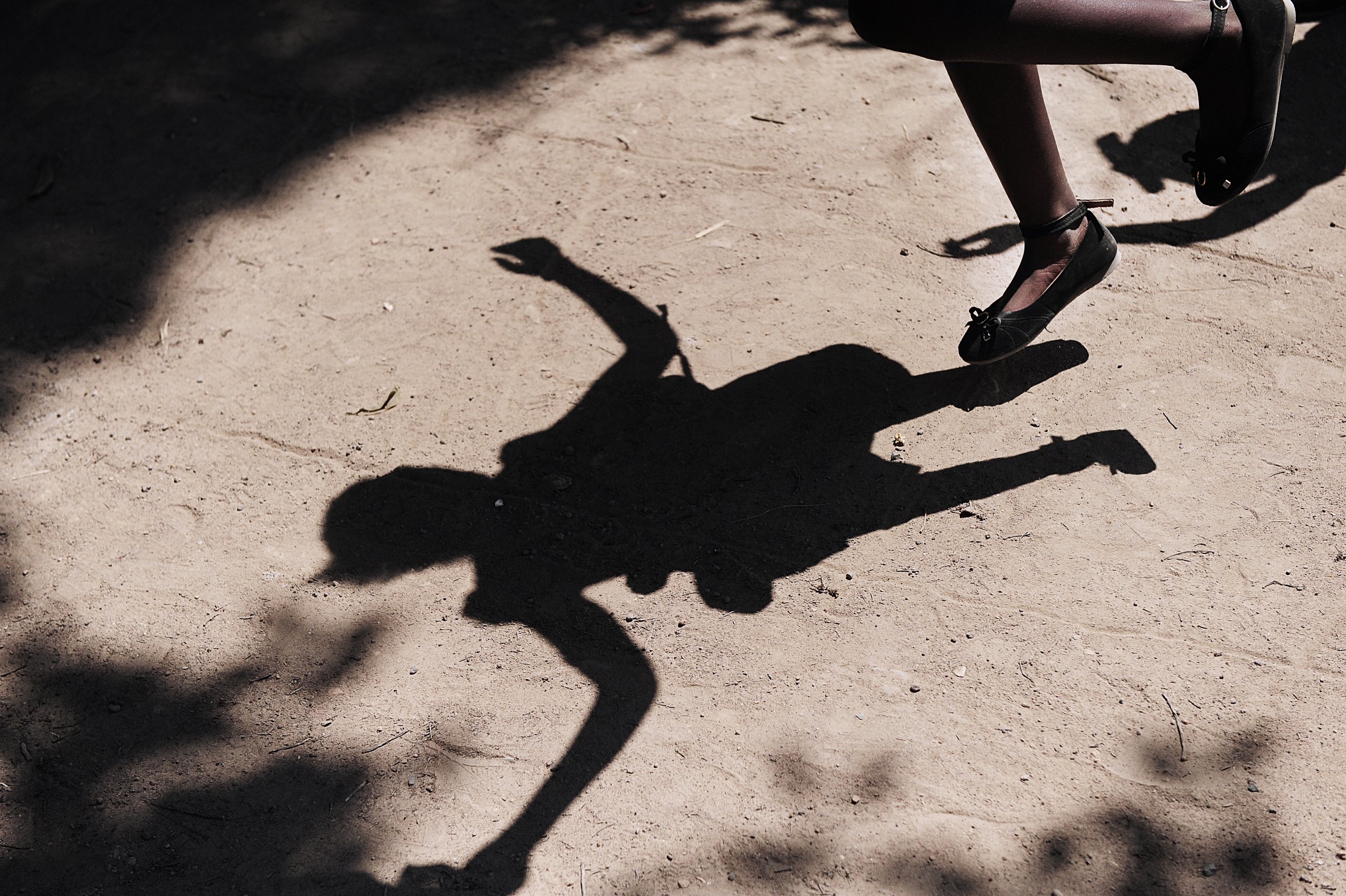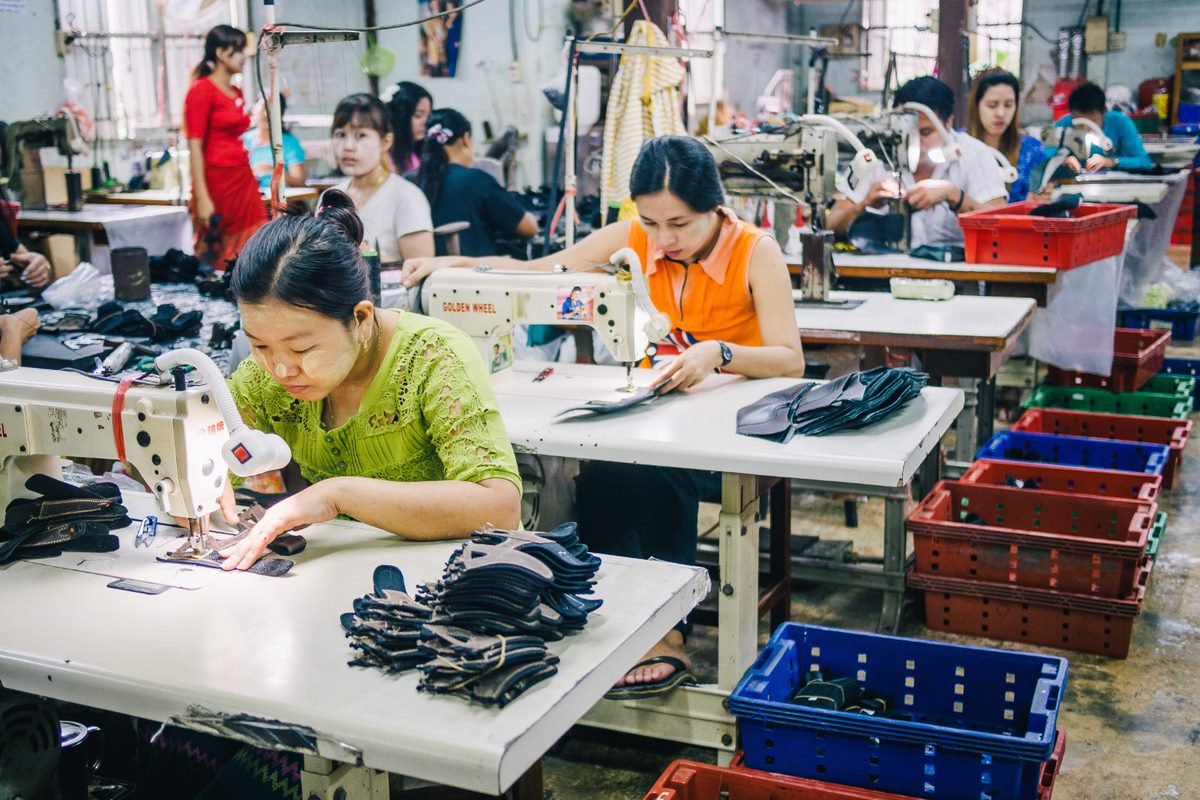
Updates & Resources

The Case for Change: Why human rights defenders need a UK law on mandatory due diligence
A new Peace Brigades International (PBI) UK investigation shows links between UK companies, environmental devastation and attacks on rights activists calling for law to ensure effective due diligence.

Bridging the gap: How could a UK Business, Human Rights and Environment Act have made a difference?
This report documents in 15 case studies how well-known UK companies, financial institutions and public bodies have been and continue to be connected to human rights abuses, worker exploitation and environmental harm at home and abroad. Find out how a Business, Human Rights and Environment Act could have made a difference.

The Samarco dam disaster: BHP’s failure to take sufficient action (Brazil)
On 15 November 2015 the Fundão Dam, a holding structure for waste material from iron ore processing, collapsed and released 45 million cubic metres of waste into the River Doce. This killed 19 people and impacted the human rights of hundreds of thousands of people in surrounding communities including the human rights to life, health, water, food, adequate housing, work and education. Find out in our case study how a Business, Human Rights and Environment Act could have made a difference.

JCB: due diligence in the illegally Occupied Territories (Palestine)
JCB’s sole dealer in Israel is the Israeli company Comasco which holds contracts with Israel’s Ministry of Defence for the maintenance of the same model of JCB machines used in the demolition of Palestinian homes and property, and the construction of Israeli settlements. Find out in our case study how a Business, Human Rights and Environment Act could have made a difference.

CDC Group: financing Feronia for palm oil (DRC)
UK development finance is connected to palm oil plantations in northern Congo. Local communities claim that part of the plantations sit on land that was taken from them by the Belgian colonial administration. Land defenders are facing harassment and intimidation. Workers have been forced to work with toxic chemicals and local sources of drinking water are reportedly contaminated by industrial waste from the plantation. Find out in our case study how a Business, Human Rights and Environment Act could have made a difference.

Land-grabbing for palm oil (Liberia)
Communities in Liberia claim that UK agri-business EPO’s oil palm plantations have encroached on their land, which was illegally cleared for plantation, and that activities went ahead without their consent. As a result, they have lost their livelihoods, and community members who protested faced violence and intimidation. Find out in our case study how a Business, Human Rights and Environment Act could have made a difference.

Cerrejón’s open pit mine (Colombia)
BHP Group, Anglo American and Glencore were the joint owners of the Cerrejón coal mine in La Guajira, Colombia. The mining operations have led to the dispossession and displacement of 35 Wayúu Indigenous and Afro-descendant communities from their ancestral land, at times by brutal police evictions. Find out in our case study how a Business, Human Rights and Environment Act could have made a difference.

Uyghur forced labour in murky value chains - the Xinjiang Uyghur Autonomous Region (China)
Research has shown that dozens of international brands, including UK companies Marks & Spencer, Primark, River Island and Tesco are at risk of using cotton that is produced or processed by Uyghur forced labour. Companies have called for stronger laws, and a number of companies, including Marks & Spencer, have signed a “call to action” to remove their value chains from the region.

Leicester’s sweat shops: abuses in Boohoo’s value chains (UK)
When the Sunday Times published an investigation alleging labour exploitation, deplorable working conditions, and illegally low rates of pay – as low as £3.50 an hour – in Leicester-based factories making clothes for Boohoo, it shocked the UK. Find out in our case study how a Business, Human Rights and Environment Act could have made a difference.

Kabwe: Anglo American’s lead poisoning legacy (Zambia)
For decades, the Kabwe mine was operated without adequate environmental safeguards, leading to lead contamination of the soil. Medical studies conducted over the past 45 years have shown extreme levels of lead in young children which has affected generations with lead encephalopathy and fatal lead poisoning. Find out in our case study how a Business, Human Rights and Environment Act could have made a difference.

Spyware: activists tortured (Bahrain)
Surveillance technologies such as FinFisher have been used as a means to exercise political control and to spy on activists, human rights defenders, journalists and dissidents to stifle political opposition and undermine democratic development. Find out in our case study how a Business, Human Rights and Environment Act could have made a difference.

Tesco’s value chain: exploitation and wage theft (Thailand)
Workers in Mae Sot face a weak rule of law, substandard wages and labour conditions, as well as employers denying workers the rights to join unions and exercise their rights to freedom of association and collective bargaining. Find out in our case study how a Business, Human Rights and Environment Act could have made a difference.

Barrick Gold: killings and violence against local communities (Tanzania)
The Kurya or Kuria people are the majority ethnic group of Tarime district. The mine severely impacted their way of life and they suffer from brutal violence. Find out in our case study how a Business, Human Rights and Environment Act could have made a difference.

Beef: human rights abuses, deforestation and land conversion on the menu (Brazil)
Indigenous communities in the Amazon are continuously battling for land ownership and land use rights. Workers at cattle ranches were forced to work 17 hours a day and were left to live in deplorable conditions. Find out in our case study how a Business, Human Rights and Environment Act could have made a difference.

British American Tobacco and Imperial Brands: child and forced labour on tobacco farms (Malawi)
Malawi is one of the top five tobacco leaf-producing countries in Africa. Farmers often work under exploitative and hazardous conditions. In certain tobacco producing regions, 57% of children are engaged in child labour on tobacco farms. Find out in our case study how a Business, Human Rights and Environment Act could have made a difference.

Shell’s impunity for destruction in the Niger Delta (Nigeria)
Over a number of decades, oil spills from Shell’s operations led to devastating environmental impacts with disastrous consequences for the local residents. The spills contaminated the communities’ land and waterways which they relied on for farming, drinking, and washing. Find out more details in our case study and how a Business, Human Rights and Environment Act could have made a difference.

Public procurement of tainted PPE (Malaysia)
Despite serious red flags concerning Supermax’s labour practices and ongoing investigations, NHS Supply Chain named Supermax an approved supplier in December 2021. The US Government had previously introduced import bans on Supermax products based on its finding of forced labour. Find out how a Business, Human Rights and Environment Act could have made a difference.
